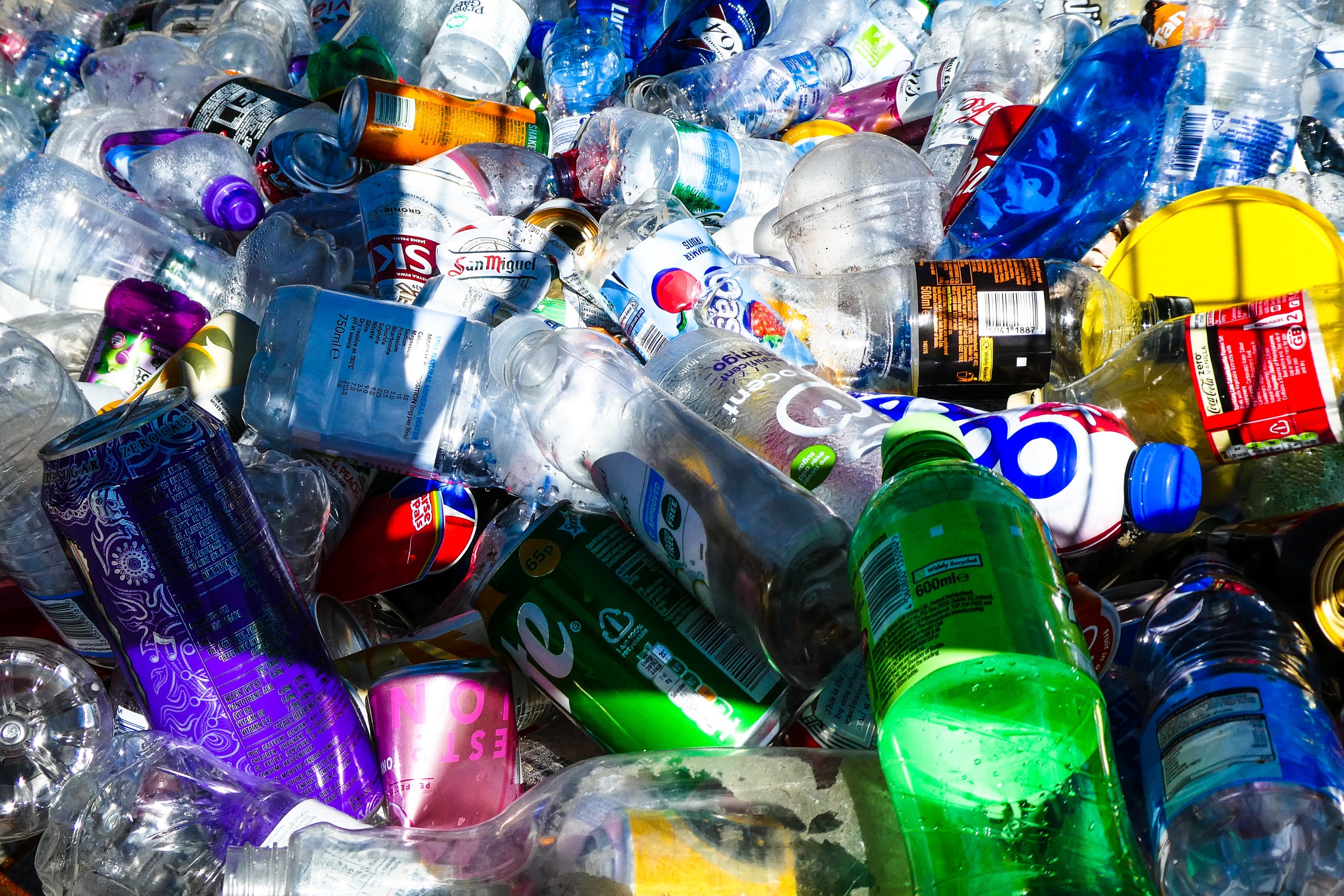
Recycling 101: WTF Do All Those Symbols Mean?
You’ve heard for years how important it is to recycle. It contributes to a variety of environmental benefits including energy conservation, reduction of pollution, and the protection of vital ecosystems and environments. Regular curbside recycling (metal, glass, corrugate, paper, and some plastic that gets picked up with your weekly garbage) is pretty straightforward, but when it comes to proper plastic recycling, it can get pretty confusing determining what can and can't be recycled easily. Some forms of plastic are harder to recycle than others (while some shouldn’t be at all), so it’s important to learn how to identify the ‘codes’ labeled on plastic.

Easy To Recycle: PETE, HDPE, PP
There are three types of plastic that are commonly accepted with general recycling: PETE (polyethylene terephthalate), HDPE (high density polyethylene), and PP (polypropylene). Examples of these plastic types include water and soda bottles, shampoo and soap containers, kids’ toys, and plastic food containers. PETE and HDPE hold the resin code #1 and #2, respectively, and are by far the most widely accepted plastic types to recycle. PP holds resin code #5 and is also still acceptable to recycle, but is considered safe for reuse which is encouraged.
Sometimes Accepted: LDPE
LDPE (low density polyethylene) holds resin code #4 and is considered ‘sometimes acceptable’. While it can be recycled, LDPE faces more challenges in the recycling process because of its thin, flimsy nature. LDPE can often tangle in recycling machinery, ultimately becoming a major time-consuming pain that may break machines altogether. Sources of LDPE include garbage bags and grocery bags. Unfortunately because it is not widely accepted for recycling, the majority of LDPE products end up in landfills. It is recommended to reuse LDPE products as much as possible.
Hard to Recycle aka Rarely Accepted: PVC, PS, #7
The three remaining types of plastic are PVC (polyvinyl chloride, resin code #3), PS (polystyrene, resin code #6), and Other (resin code #7). These plastic types are rarely accepted for recycling.
PVC is not recommended for recycling because during the process, the products are broken down into toxic chemicals. PVC is found in applications of siding or piping and wire and cable insulation. Consider calling your local recycling plant to see if they will accept it or look into donating it to local nonprofits.
PS is not widely accepted for recycling because it is used to make styrofoam products like cups, packing peanuts, or food to-go containers. This means there is a high chance of contaminants from food or drink that make PS not ideal for the recycling process. If you’re able to, it’s suggested to reuse it as packaging material. Otherwise, there are organizations you may donate to that are dedicated toward keeping it from being burned or placed in landfills.
The last type of plastic holds resin code #7 and refers to any other type of manufactured plastic. These plastics tend to be much harder than others and are used to make items like plastic dishes and cups, home decorating items, and even bulletproof glass. Because of its durability, it’s recommended for continuous reuse instead of recycling. Some plastics in this category are also not recommended for recycling, as they contain Bisphenol A, or BPA, a hardening agent, which can be toxic to humans. Overall, plastics with a #7 code should not be recycled, as they’re not often biodegradable and will sit in landfills.
It’s nearly impossible to avoid using or buying plastic products, however being informed about the different codes and their level or recyclability will allow you to do your part in practicing proper recycling methods.
Related Posts
WTF are Plant Butters?
Wed, Jan 22, 2025• Grooming & Personal Care Natural Living & Health
You might be wondering, “WTF are “plant butters”? Is that like vegan “I can’t believe it’s not butter?”. No, but we’re glad you asked. These rich, ...
Read More5 Protips For A Better Shave
Fri, Jan 03, 2025• Grooming & Personal Care
Let’s be real, shaving is a combat sport. I mean you’re dragging a sharp blade across your face on the reg. Nicks, irritation, tight, dry skin afte...
Read MorePucker Up: Lip Care For Men 101
Fri, Dec 20, 2024• Grooming & Personal Care
Let’s face it (see what we did there?)—lip care is for everyone. Whether you're battling the elements, exploring the great outdoors, or just living...
Read MoreHow To Choose the Right Cool Weather Scent
Mon, Dec 16, 2024• Grooming & Personal Care
No matter where you’re at, we deep into the cool and cold weather (well, not you Hawaii) and that means it’s time to evaluate your scent seasonalit...
Read More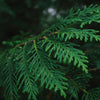
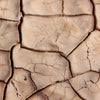
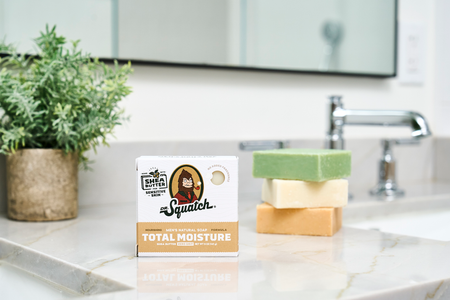
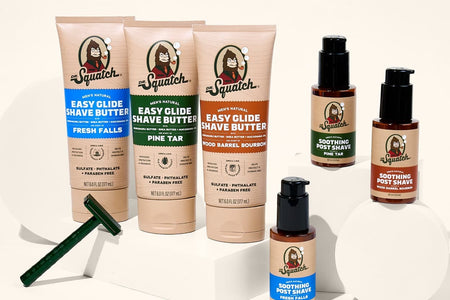
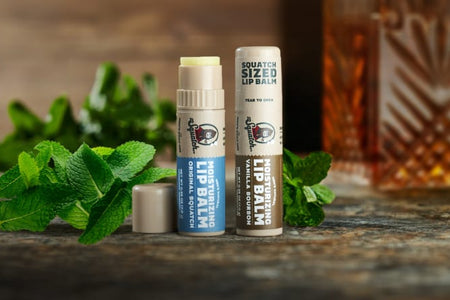

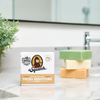
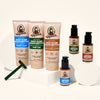
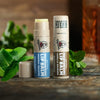


Leave a Reply
Your email address will not be published. Required fields are marked *